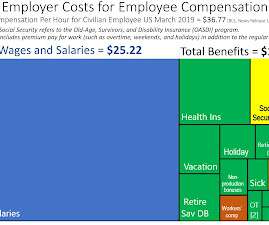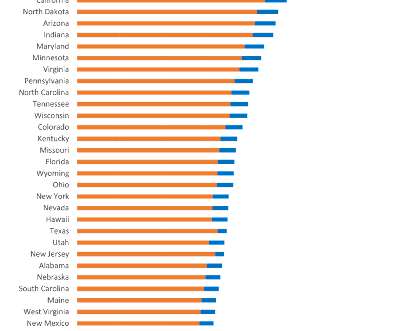Exempt vs. non-exempt employees: Navigating worker classification
Higginbotham
MARCH 28, 2024
These workers are usually paid hourly and are eligible for overtime pay and minimum wage protections due to the nature and hours of their work. Wage and Overtime Pay Requirements for Non-Exempt Employees Under the FLSA, non-exempt employees are entitled to a minimum wage of at least $7.25




















Let's personalize your content